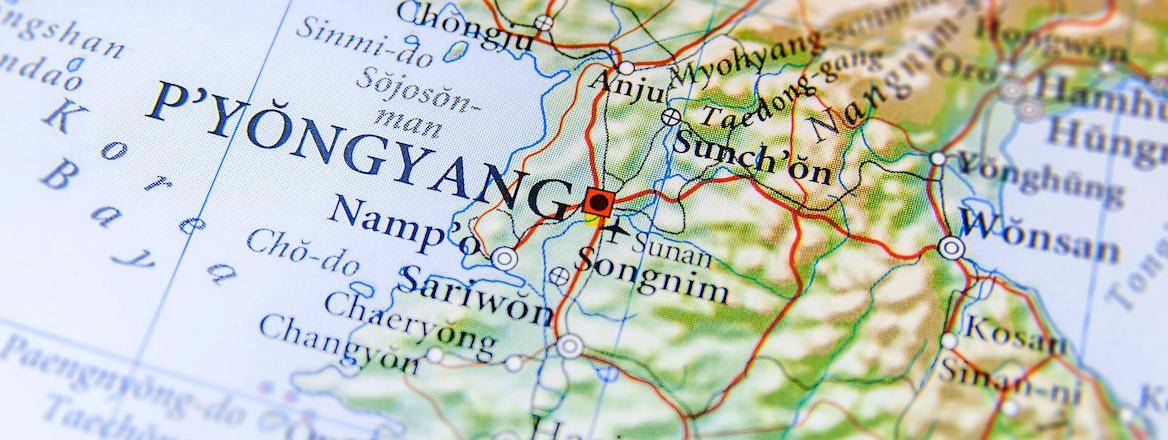The current policy approach towards North Korea is failing to improve the security situation. It must be urgently reassessed and reframed.
North Korea is an international security concern because of both its nuclear and missile proliferation activities and its human rights record. Yet, the current policy approach led by the US is failing to improve the security situation and urgently needs to be reassessed and reframed. Sustained dialogue must become a key component of policy.
Research has highlighted how the current theory of change underpinning the US and European approach to North Korea – coercing it to change its destabilising behaviour – is at odds with a widely held understanding of North Korea’s threat perceptions and desire to sustain the ruling regime. Instead, policy should be guided by a theory of change based on incremental, long-term improvements that restrict nuclear activities and improve the socioeconomic rights of the North Korean people. Without proactive efforts to alter the relationship through engagement, the situation is unlikely to change. Dialogue and engagement should not be limited to specific nuclear negotiations, but should cover broader security issues and seek to build trust and confidence. Nor should they be pursued without boundaries, such as the encouragement of tourism. If governments are genuinely interested in improving the security situation, discrete, government-backed dialogue and engagement opportunities to build trust and reduce misunderstanding must become a sustained addition to the existing policy framework.
This Policy Brief first addresses why past and current policy approaches have not yielded sustainable and successful outcomes, focusing primarily on the approach taken by the US and the influence this has had on European allies. The approaches taken by South Korea, China, Japan or Russia are not discussed in detail here. The Policy Brief then sets out an alternative policy framework that focuses on increasing the role of direct dialogue and engagement to balance the pressure tactics that have thus far been favoured. This includes a number of concrete recommendations for improving policy towards North Korea.
WRITTEN BY
Cristina Varriale
RUSI Associate Fellow, Proliferation and Nuclear Policy


